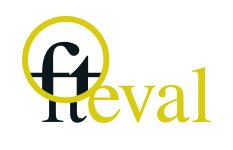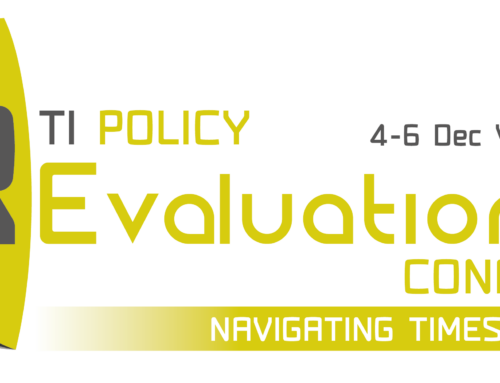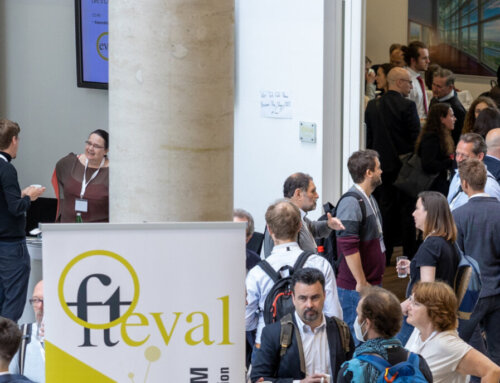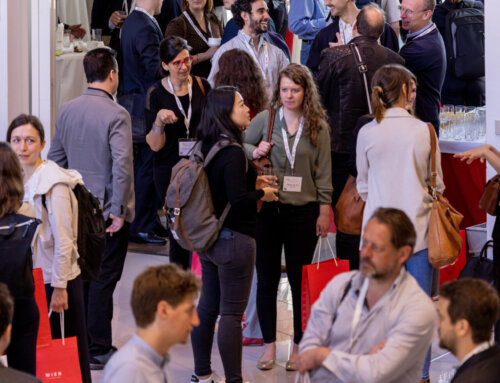There is a growing recognition of the need to accelerate the development and improvement of clean energy technologies globally to enhance our ability to follow net-zero emission pathways. Initiatives like Mission Innovation have helped to grow public R&D funding for clean energy in many countries, and they take a variety of policy approaches to supporting researchers and entrepreneurs. Evidence about which support mechanisms most effectively drive clean energy innovations, and under which conditions, could help governments to adopt best practice in innovation policy design to meet clean energy goals.
Structured and comparable evaluations can contribute to the policy-making process in different ways: it facilitates learning about the impact of policy options nationally and internationally; it supportsaccountability for public spending; and it establishes the legitimacy of proposed new interventions. For each purpose, governments are looking to ensure that they have the best understanding and metrics to assess the efficiency, effectiveness and relevance of innovation policies, and are developing frameworks for evaluation approaches and data collection.
The CERT-EGRD thematic discussion’s main goal is to bring together practitioners from governments with distinguished international scholars to exchange experiences and recommendations about how to design and implement evaluations clean energy innovation policieseffecitiveness, from R&D funding programmes to broader support for the energy innovation ecosystem, as well as how to use these findings to improve policy design.
This workshop of the International Energy Agency IEA takes place virtually on October 29 at 1pm – 4pm. Further details and the registration link can be retrieved from the Website “nachhaltigwirtschaften.at” or the following document: https://fteval.at/content_old/home/news/iea_impact_meeting/CERT-EGRD_policy-impact_discussion-meeting.pdf
Downloads:





